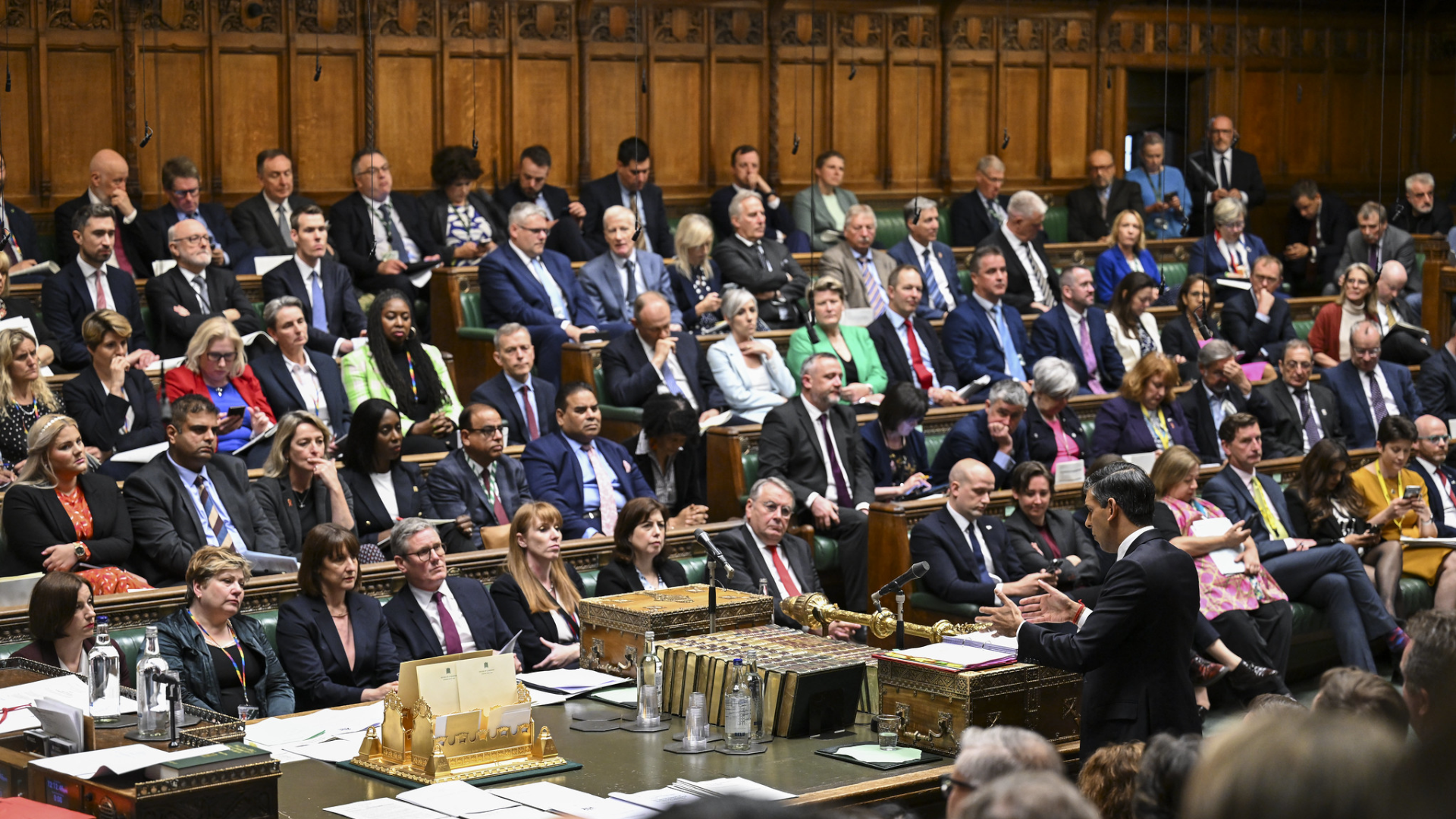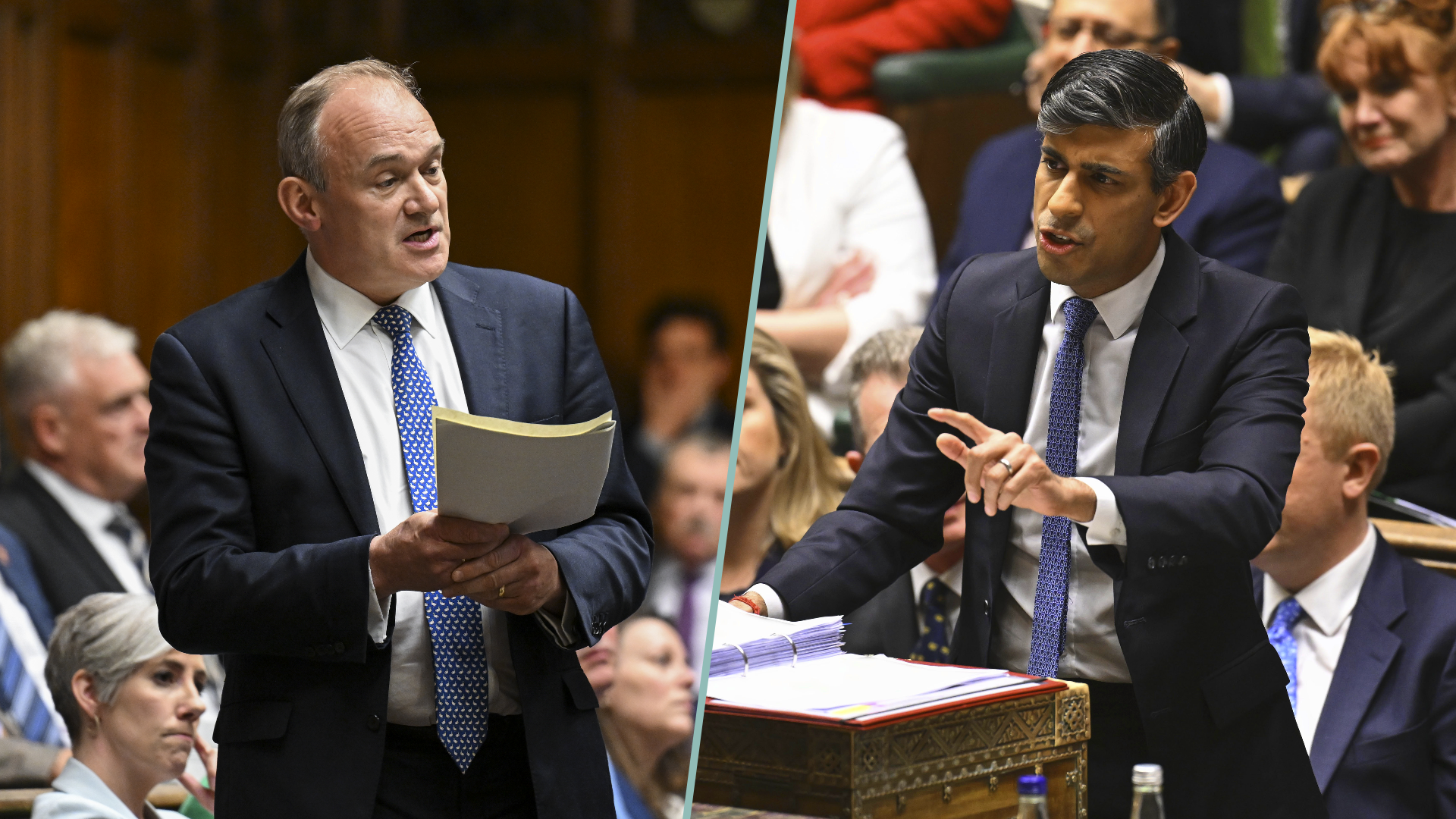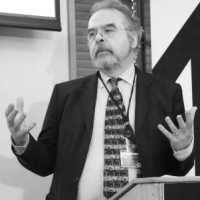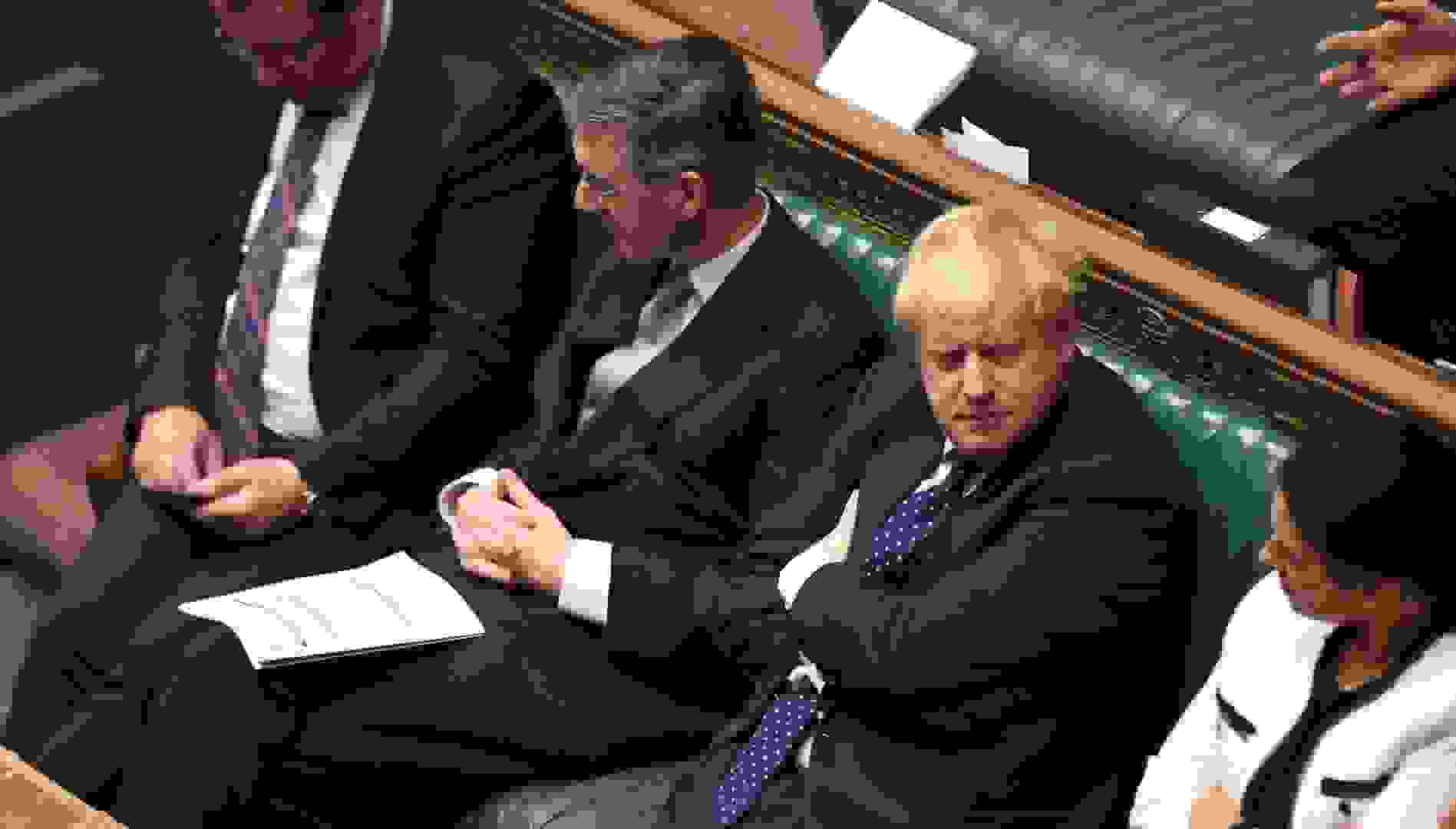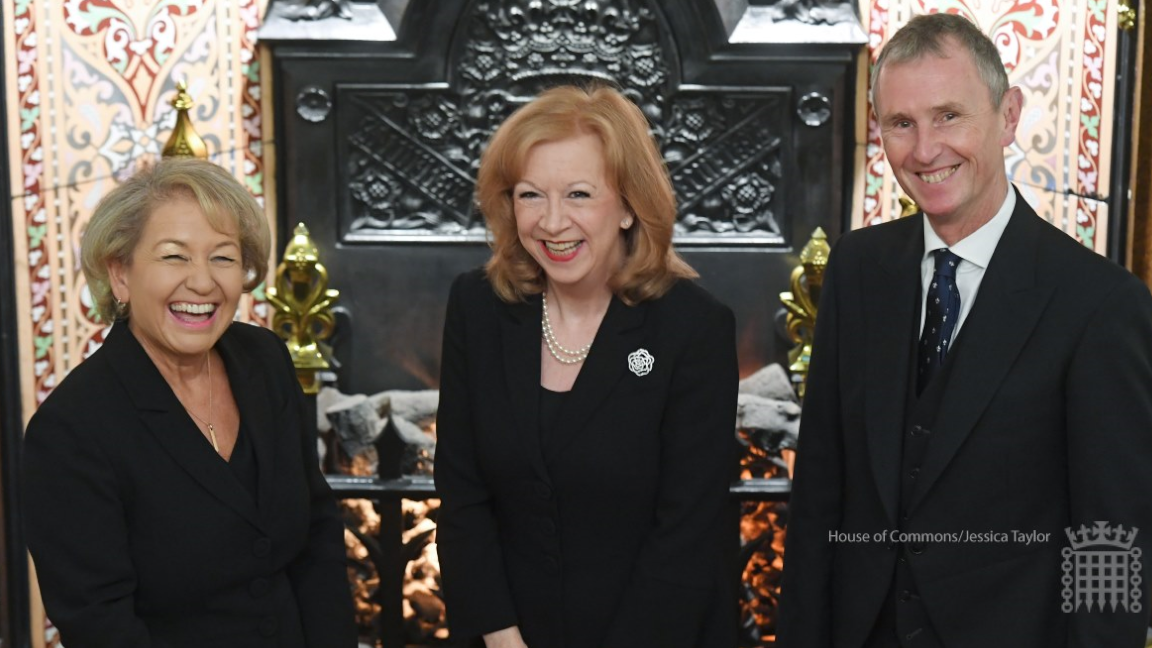Briefings / Back to Business: Opposition parties
The opinion polls predict the General Election will result in a Labour Government with a big majority. They also suggest the Conservative and Liberal Democrat parties may win a similar number of seats. How would this affect the functioning of the opposition in the House of Commons? What factors determine the identity of the Official Opposition and the second party of opposition? What rights do the Official Opposition have in the House of Commons?
